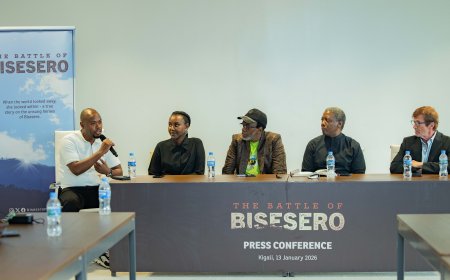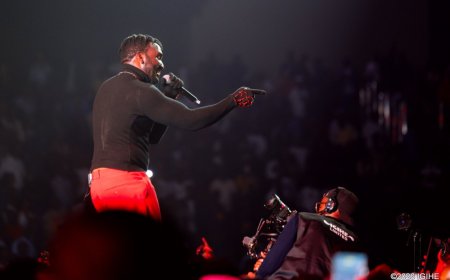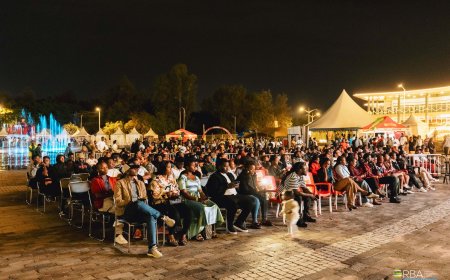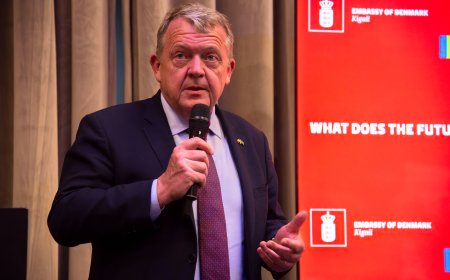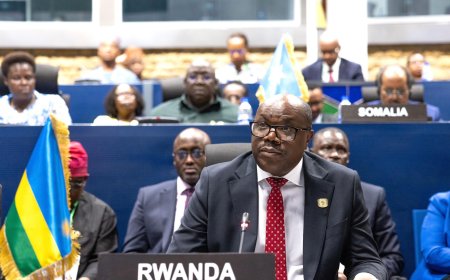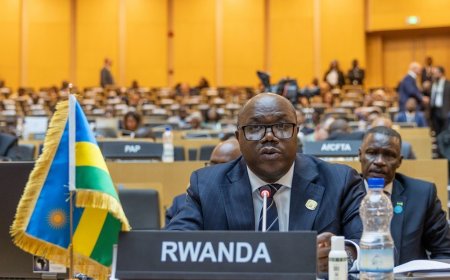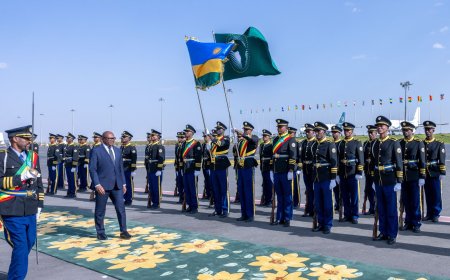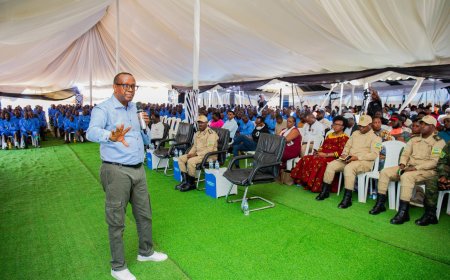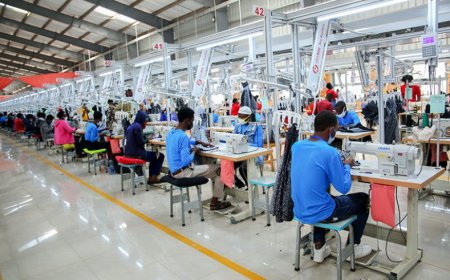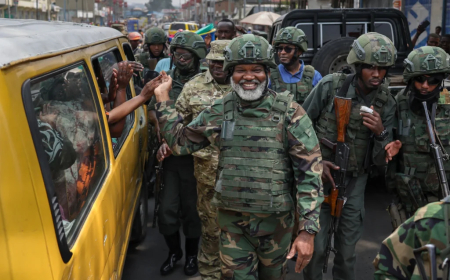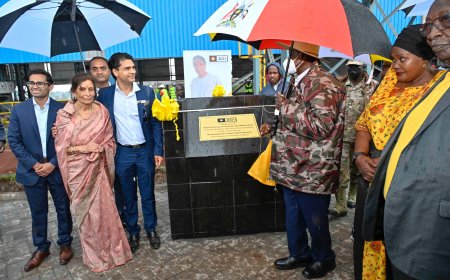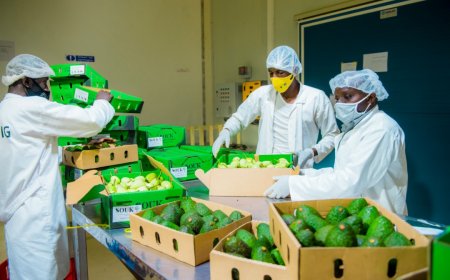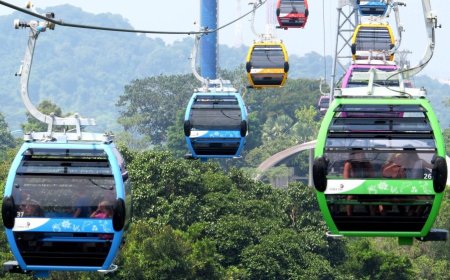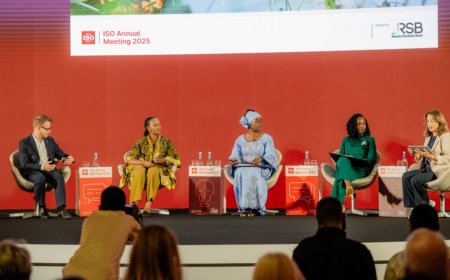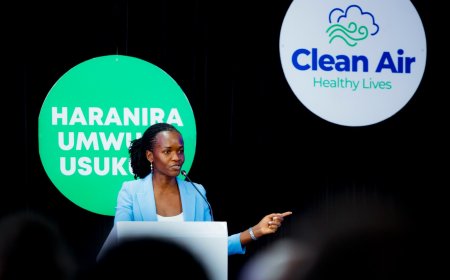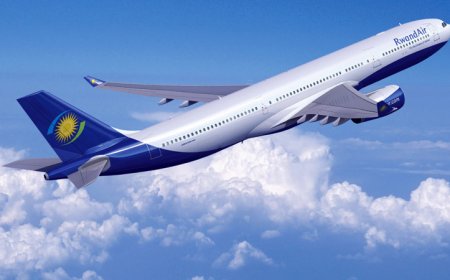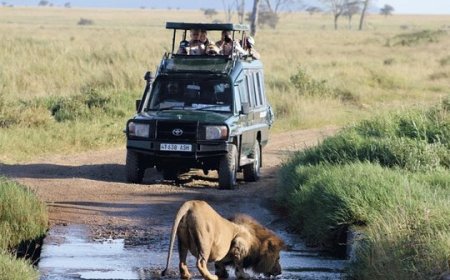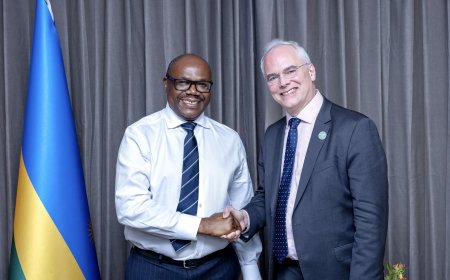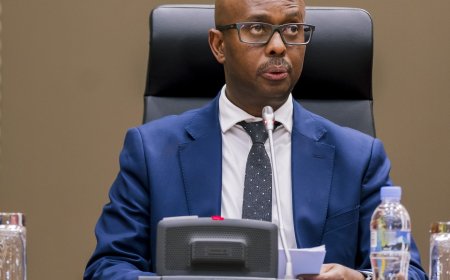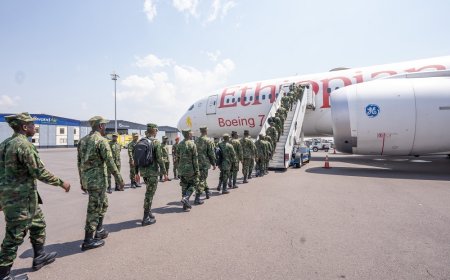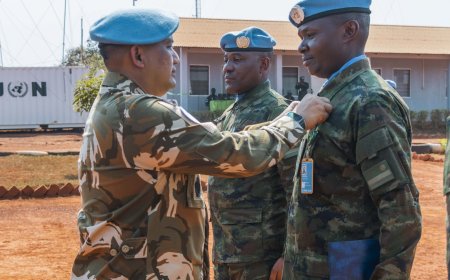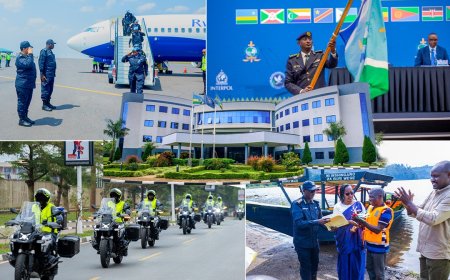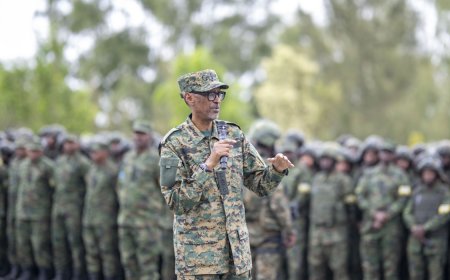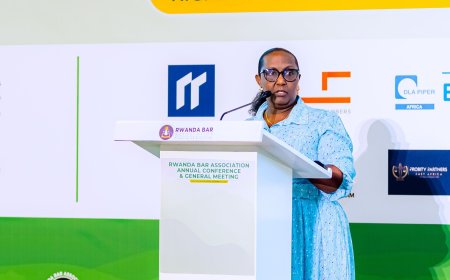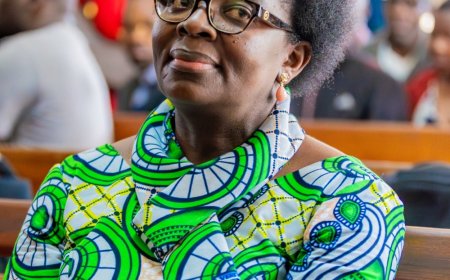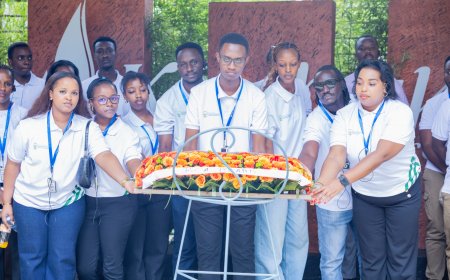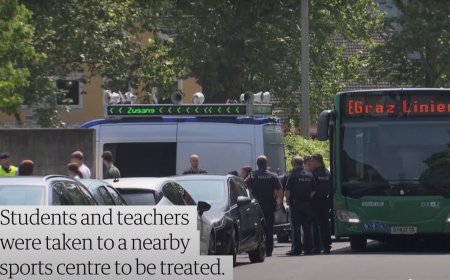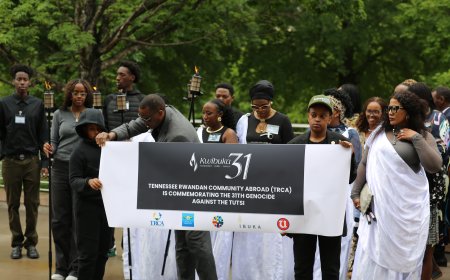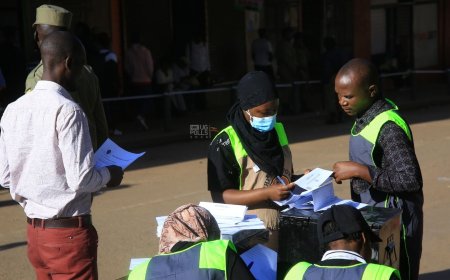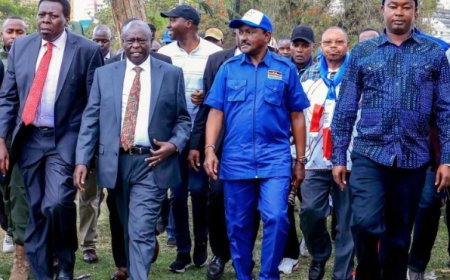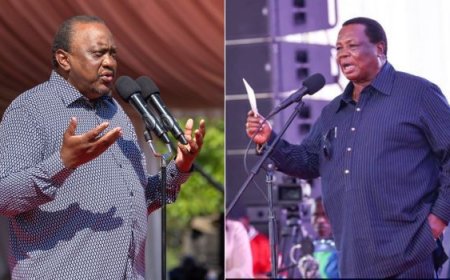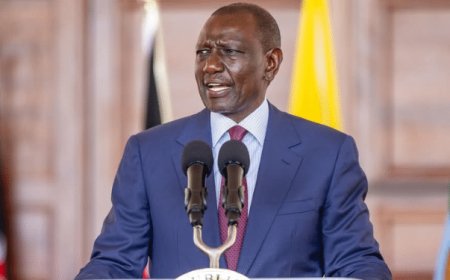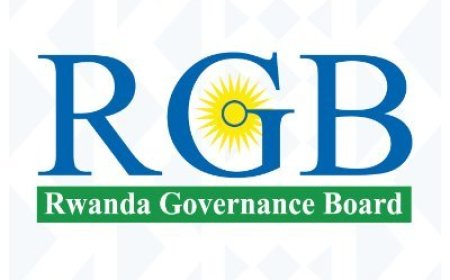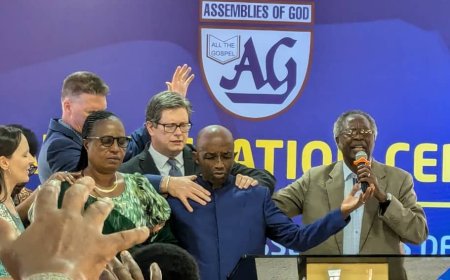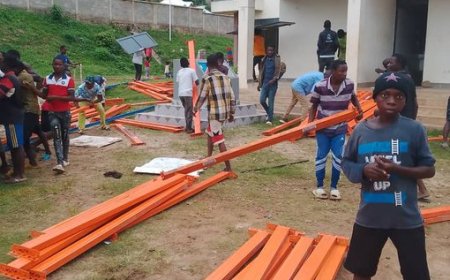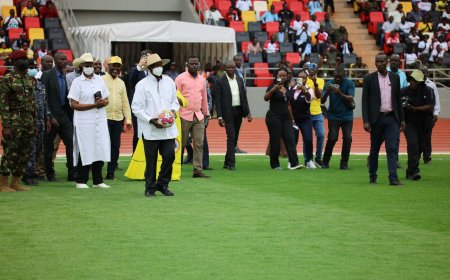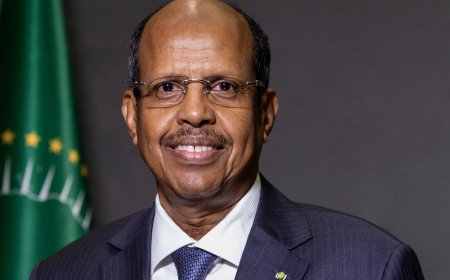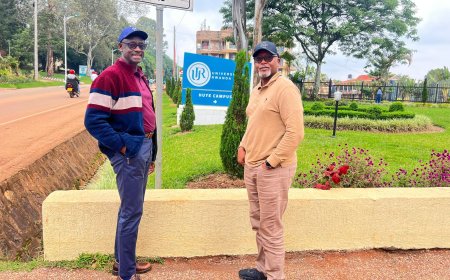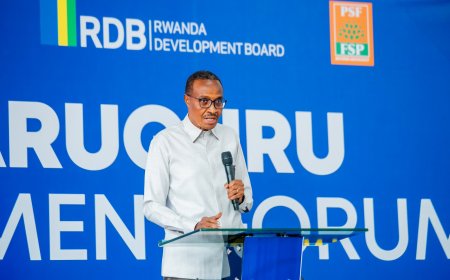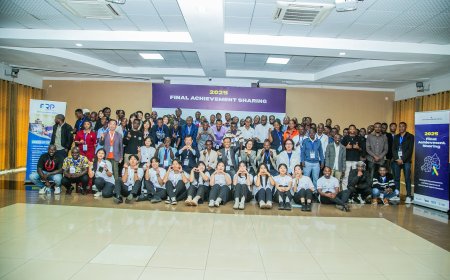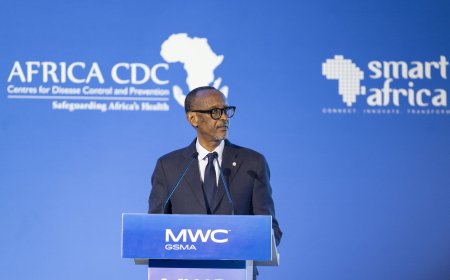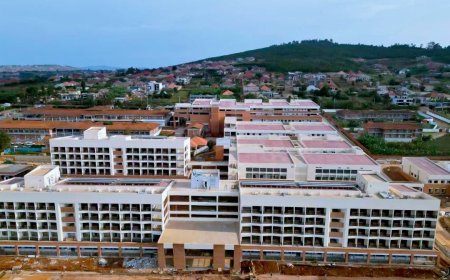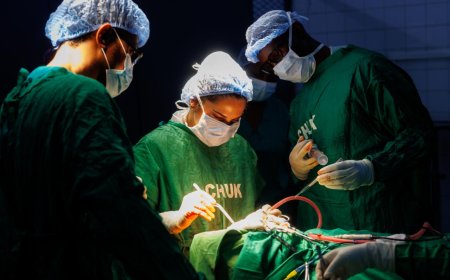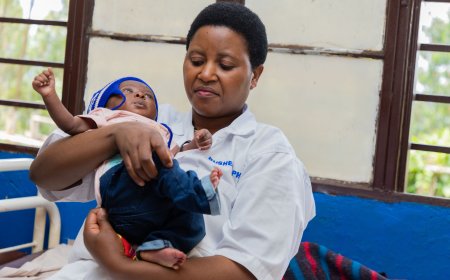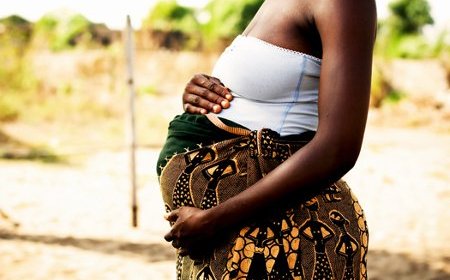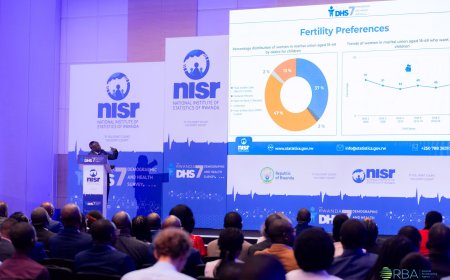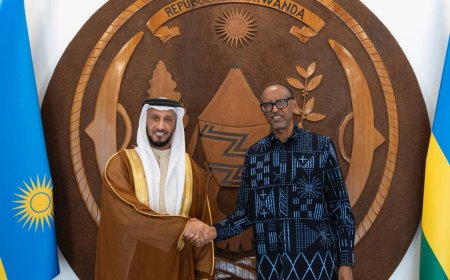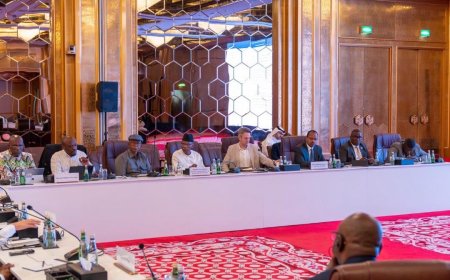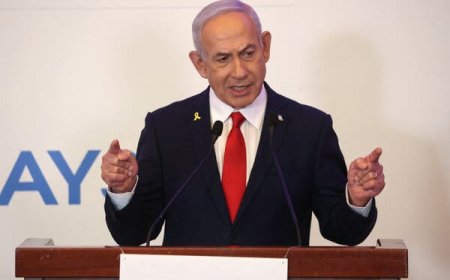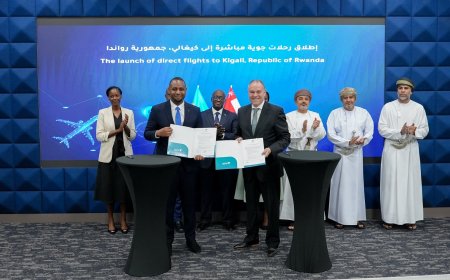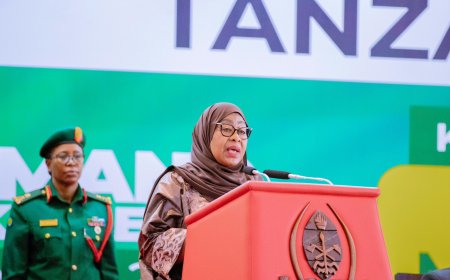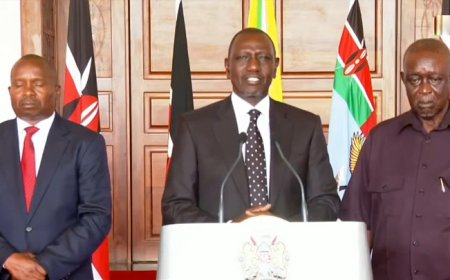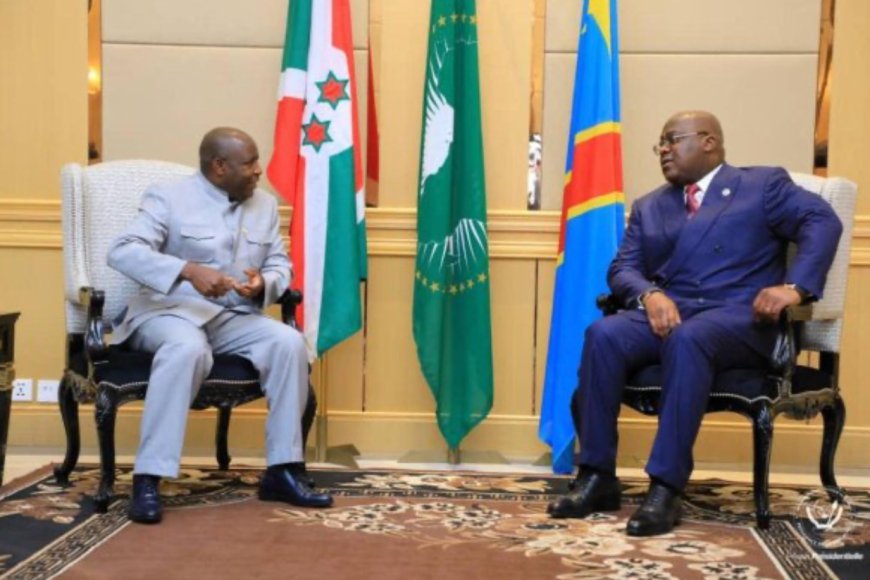
As Burundi sends more troops to the DRC, Ndayishimiye pleads with Tshisekedi for more money
In order to support the Congolese army in its fight against AFC/M23 rebels, who have recently taken control of the cities of Bukavu and Goma, Burundi has sent more troops to the eastern Democratic Republic of the Congo.
On February 23, 2025, Burundi sent more troops to key locations in South Kivu Province, intensifying its role in the DRC conflict in spite of appeals for regional collaboration and peace. Among the regions gaining more military presence is the Ruzizi Plain, a strategically located valley that serves as a natural border between Rwanda, Burundi, and the Democratic Republic of the Congo.
Burundian troops are expected to aid in the driveback of the M23 rebels, who still hold sway over a sizable portion of the Kivus, according to the DRC. In order to bolster the region's defences, Burundi also sent soldiers to Sange town in Uvira Territory, where five 107mm cannons were installed.
Burundian artillery personnel, armed with 120mm and 122mm weapons and surveillance drones, also flooded into Vugizo, a border region on the Burundian side.
President Evariste Ndayishimiye met with DRC President Felix Tshisekedi in private while Burundi's troop deployment was still underway. The conference, which took place on the same day as the reinforcements, was centred on troop compensation and the deteriorating security situation.
Higher compensation for the 15,000 Burundian soldiers stationed in the DRC was Ndayishimiye's top priority, according to sources close to Tshisekedi's inner circle.
Under the terms of a military pact signed in August 2023 between the two countries, the forces have begun fighting.
Though the troops themselves receive far less—$70 for junior ranks and $100 for officers—Tshisekedi pays Ndayishimiye $5,000 per soldier per month in accordance with the conditions of the agreement.
Ndayishimiye's proposal to increase the monthly payments was denied by President Tshisekedi, who cited the DRC's coalition troops' continued difficulties in battling the M23 insurgents.
Members of the FDLR, a militia composed of people who carried out the 1994 Genocide against the Tutsi in Rwanda, and other armed groups active in the DRC have also been offered money incentives by Tshisekedi, ranging from $400 to $1,000.
In order to encourage them to step up their participation in the war, he has also guaranteed more than USD 120 each combatant in the territories of Walikale and Masisi.
Since the beginning, Burundi's participation in the DRC conflict has generated debate.
Critics claim that Ndayishimiye's unilateral decision to deploy troops was driven by ideological and personal objectives. Ndayishimiye, Tshisekedi, and the FDLR all have strong anti-Tutsi sentiments.
Given that both leaders continue to support the FDLR, an organisation that has been heavily criticised for contributing to the instability in the region, this ideological affinity has alarmed foreign observers. The DRC has had difficulty obtaining aid from other African countries, in contrast to Burundi's military support.
Mali, Senegal, and Chad refused to intervene in the current violence when Tshisekedi recently asked them for military assistance.
Regional peace efforts have been severely strained by the circumstances.
Heads of state demanded a quick ceasefire and the restart of talks between warring factions during the East African Community (EAC) and Southern African Development Community (SADC) summit on February 8.
Burundi's ongoing military presence, however, thwarts these initiatives and makes it more difficult to find a peaceful solution to the problem.

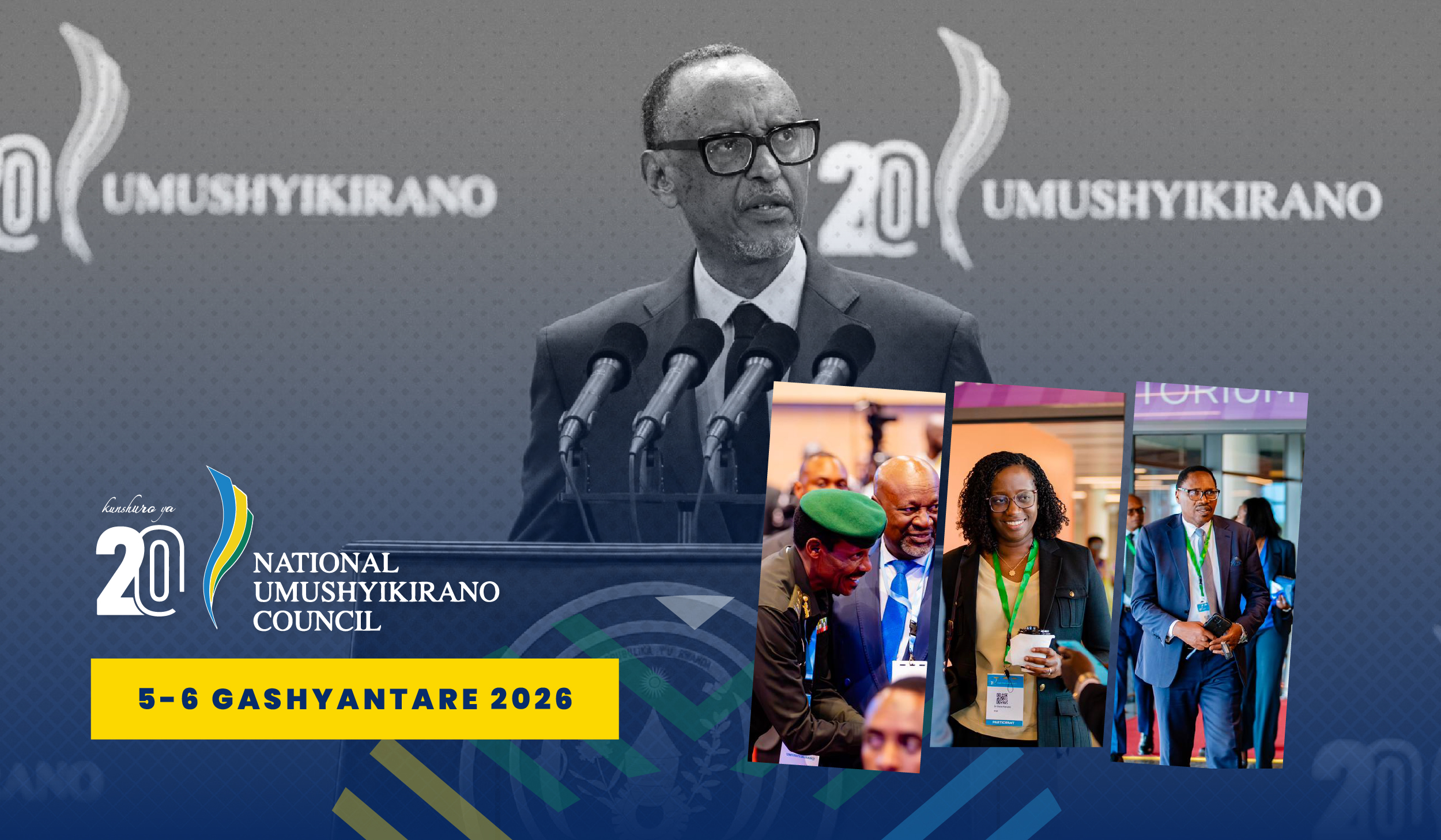
 Kinyarwanda
Kinyarwanda
 English
English
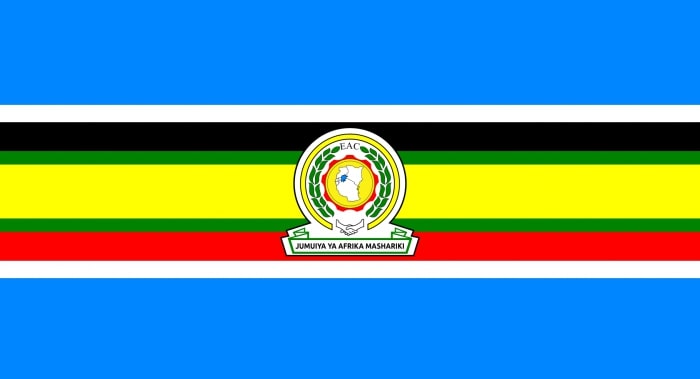 Swahili
Swahili

